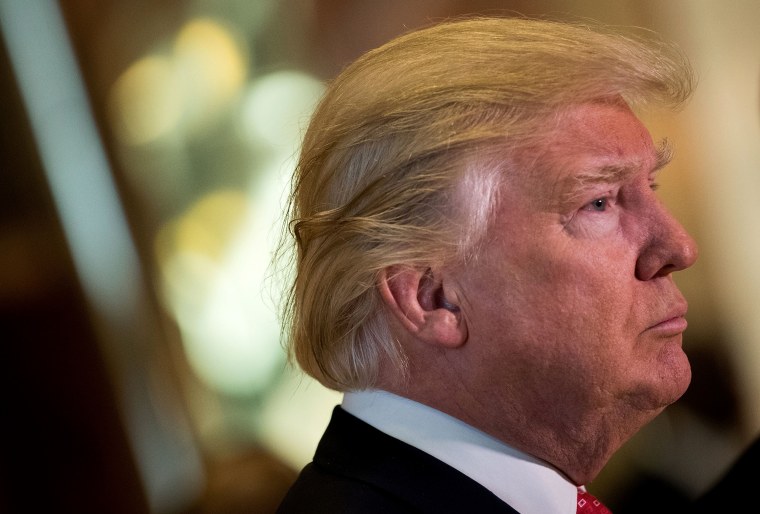The world economy is expected to expand 2.7 percent this year, recovering from a post-crisis low in 2016, thanks to rising commodity prices and incoming U.S. president Donald Trump's stimulus plans, the World Bank said in its latest Global Economics Prospects report on Tuesday.
However, this growth could be hit by a significant slowdown in investment in emerging markets and political uncertainty in major economies, including the U.S., the bank added.
"After years of disappointing global growth, we are encouraged to see stronger economic prospects on the horizon," Jim Yong Kim, president of the World Bank, said in a statement accompanying the report.
"Now is the time to take advantage of this momentum and increase investments in infrastructure and people. This is vital to accelerating the sustainable and inclusive economic growth required to end extreme poverty," he added.
Overall, advanced economies are predicted to inch up to 1.8 percent and emerging markets should edge up 4.2 percent in 2017.
However, political uncertainty is clouding the outlook for major economies. Trump's campaign pledges to get tough on international trade could be a risk to the U.S. and global economy, the World Bank said.
"Because of the outsize role the United States plays in the world economy, changes in policy direction may have global ripple effects," Ayhan Kose, director of development economics prospects at the World Bank, said in the statement.
"More expansionary U.S. fiscal policies could lead to stronger growth in the United States and abroad over the near-term, but changes to trade or other policies could offset those gains," he added.
Trump's changes to corporate and income tax could increase U.S. gross domestic product (GDP) between 2 percent and 2.5 percent in 2017 and between 2.5 and 2.9 percent next year, the World Bank said.
A stronger U.S. economy would boost the global economy. According to the World Bank, a 1 percentage-point growth in the U.S. could boost other advanced economies by 0.8 percentage point after one year and emerging markets by 0.6 percentage point.
However, it is not yet clear what the benefits of tax cuts in the U.S. could be. "Everybody is really afraid of this tax bill for the moment because nobody knows where it's going," the chief executive of financial consulting firm J. Rogers Kniffen Worldwide Enterprises told CNBC last month.
"Everybody imports 100 percent of the goods in retailing. Either you import it yourself or somebody imports it for you and so you still have got the issue…They have to adjust their pricing based on whatever happens with the cross-border tax as well," Kniffen explained.
Trump has also proposed an infrastructure investment of $1 trillion, but because he hasn't outlined where and how that money will be invested the World Bank could not quantify its potential impact on GDP.
"The new U.S. administration has suggested sizable cuts in nondefense spending, likely accompanied by increases in defense spending. While specific proposals have not yet been made, it is possible that, on net, overall federal spending will be substantially reduced," the World Bank added in the report.
But the intentions to change trade agreement and import tariffs could hamper economic growth.
"Given the significant integration of many U.S. companies into global supply chains, there could be even larger adverse collateral effects from imposing new trade barriers if other countries were to retaliate," the World Bank warned.
In November, Lorenzo Bini Smaghi, chairman of Societe Generale, told CNBC that current U.S. partners could join forces and trade between themselves without the U.S.
"If (emerging economies) start developing a free trade zone among Asian countries, for instance, in the end it will be the U.S. economy which will be penalized by its own measures," Bini Smaghi said.
Trump has warned that the U.S. withdrawal from the Trans-Pacific Partnership (TPP), a trade deal with other Pacific countries, is a priority for his 100 first days in office.
This article first appeared on CNBC.
